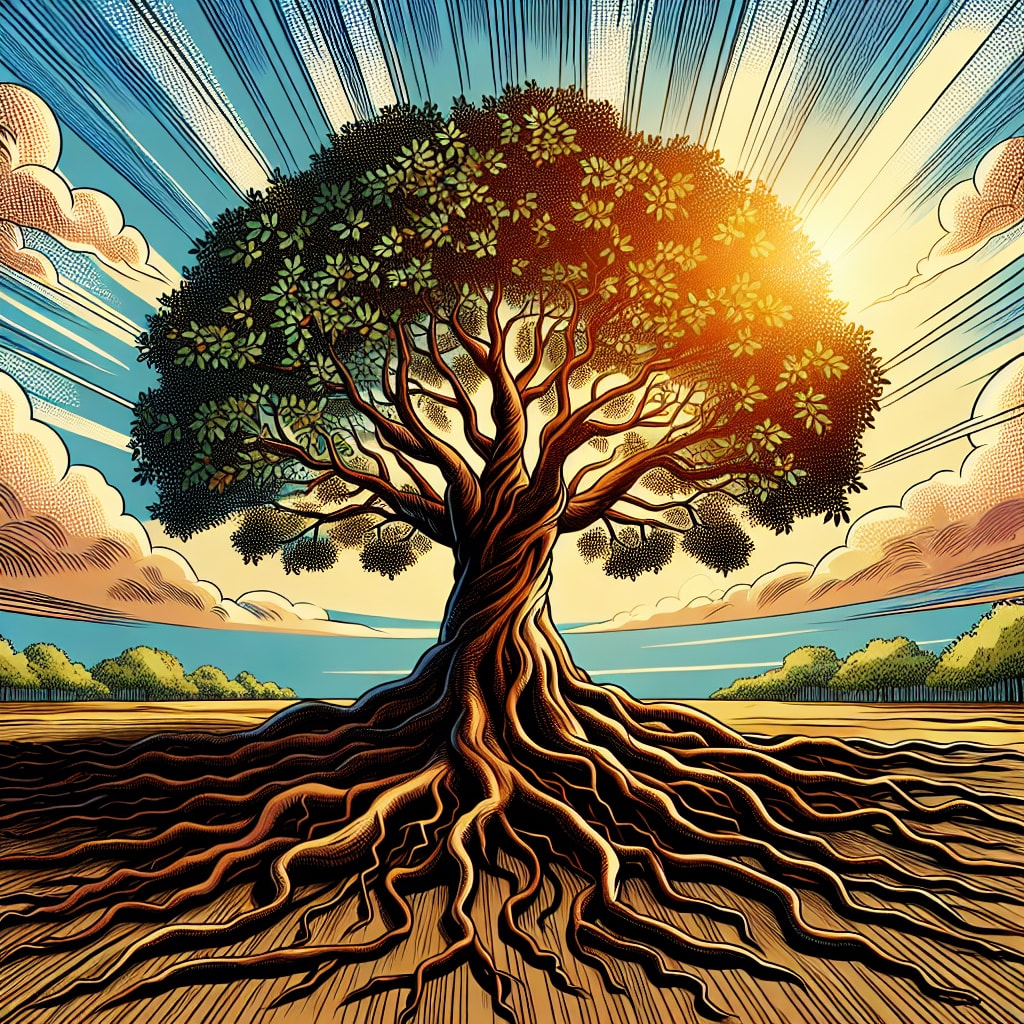"Dharma" is a predominant concept that permeates the texts of the Mahabharata, Bhagavad Gita, and overall Sanskrit literature. The term is complex and expansive, denoting a variety of interpretations, but can be loosely translated into English as 'duty', 'morality', 'righteousness', or 'obligation'. It's cited as a governing principle of cosmic harmony.
In the Mahabharata, Dharma is often tied to the responsibilities borne by individuals according to their societal roles. For instance, a ruler's Dharma is to provide for and protect their subjects, while a warrior's Dharma is to bravely face adversaries on the battlefield. Landmark dilemmas in the Mahabharata, such as that faced by prince Arjuna in the Bhagavad Gita, primarily revolve around dilemmas of Dharma.
The Bhagavad Gita, a prominent part of the Mahabharata, also emphasizes Dharma, particularly through Arjuna's spiritual and moral struggle. Here, Krishna, assuming the role of Arjuna's charioteer and guide, elaborates on Svadharma, 'one’s own dharma'. He upholds that it is better to do one's own duty imperfectly than to flawlessly do another's duty, reinforcing the importance of individual Dharma.
In broader Sanskrit literature, Dharma governs all aspects of life – social, personal, and spiritual. The Manusmṛiti, for example, discusses legal and moral codes categorizing Dharma into such areas as social conduct, livelihood, and ritual duties. Similarly, other texts expand on these laws and the consequences of disregarding them.
To encapsulate, Dharma, as derived from the root 'dhri', meaning to uphold or maintain, is more than mere lawful obligation. It's an ethical duty that, when adhered to, supports the overall cosmic order.

